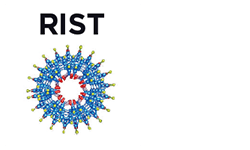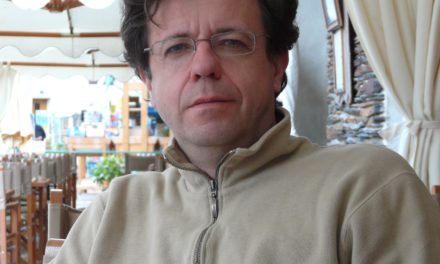2 +2 day module.
Trainer :
Stéphanie Courant :
Audience:
Managers of: R&D, heads of research units, R&D consortiums, mixed research units, and Key Enabling Technologies or technological capacity centers, as well as facilitators of communities of applied practices, job area managers in matrix R&D organizations, etc.
Objectives:
Reinforce the collective efficiency of a transverse organization Collectively produce and implement a steering system Collectively define and deploy an improvement plan Reinforce individual crosscutting steering abilities
Agenda:
Effectiveness can be built, measured and improved in three interlinked areas:
- The effectiveness of the transverse organization, considered as a partnership between the people and/or teams.
- The effectiveness of each partner, in other words each person (and their home unit) working within the team.
- The effectiveness of the relationship within the team.
This model was developed by the Université Paris Dauphine (Fabien Blanchot) in partnership with SAFRAN Corporate University..
- Identifying factors of collective effectiveness
- Defining the current stage of your team among the different stages of team development
- Tailoring your management to your team’s development stage.
- Facilitating and mobilizing your team
- Supporting your team in complex situations
- Visualizing your team’s optimal organization
- Theoretical presentation and practice of the diagnosis and steering system
- Focus on the notions of “shared vision”, “organizational justice”, “loyalty” and “trust”
- Initial steps in diagnosis performed in workshops on participants’ real situations; drawing up the “dashboards”
- Mobilizing your team’s creative potential
- Building the vision and mobilizing the team
- Building a clear vision, capable of mobilizing team members-
- Creating and innovating: creativity techniques to build the team’s vision
- Working on the different levels of the vision: conviction, ambition, values and management principle.
- Associating stakeholders with the project
- Linking the vision to stakeholders’ issues
- Shifting from the vision to action plans, in order to translate ambitions into performance
- Communicating your vision with charisma
- Identifying actions needed to reach the team’s optimal organization
- Work on the action plans
- Debriefing about diagnoses carried out by participants
- Knowing how to anticipate,lead and manage change in your team
- Introduction to change management, depending on the issues detected regarding participants’ situations. For example:
- Risk analysis
- Stakeholder analysis
- Improving processes
- Defining your role in developing competences
- Developing creativity matching the collective vision and individual motivations
- Leading negotiations to align individual projects with the transverse team’s project
- Dealing with resistance from your team
- Anticipating conflicts
- Managing conflict situations positively
- Sustaining motivation over the long term
Educational Methodology :
- Interactive approach combining conceptual inputs and progressive construction based on the experience of each participant.
- Combination of conceptual, instrumental and behavioral dimensions.
- Play roles on behavioral dimension
Location : Paris
Registration fee : 2400 euros (Taxes not included)
For informations and registration, please contact us : ken.slock@rist-groupe.fr








